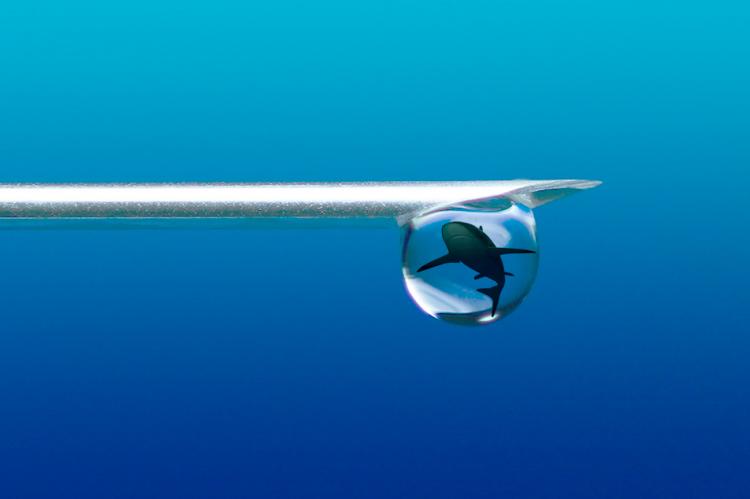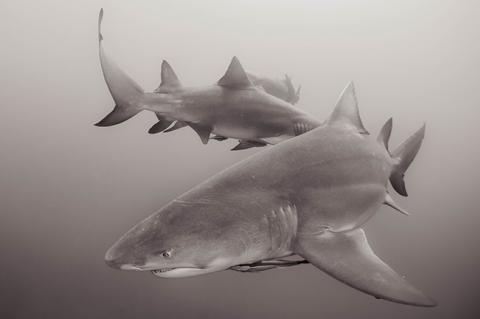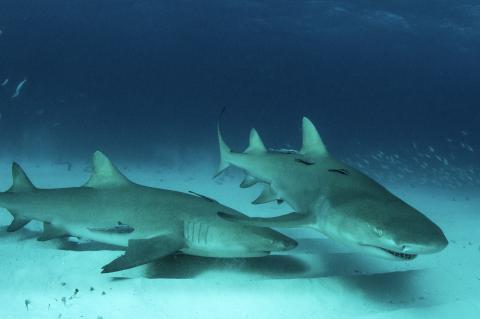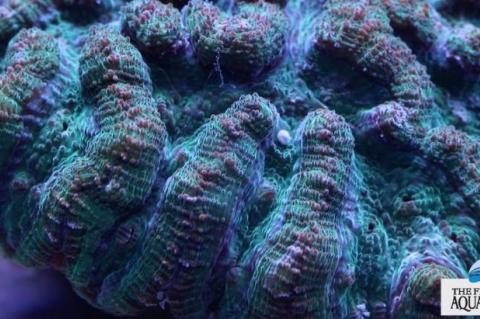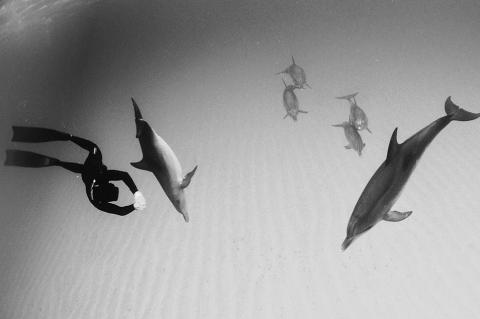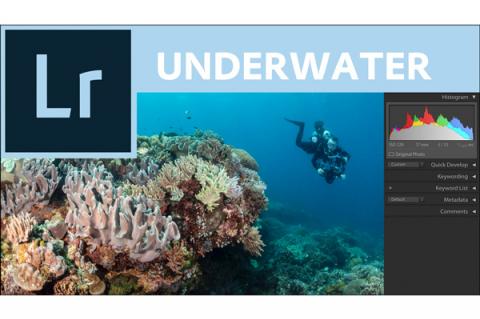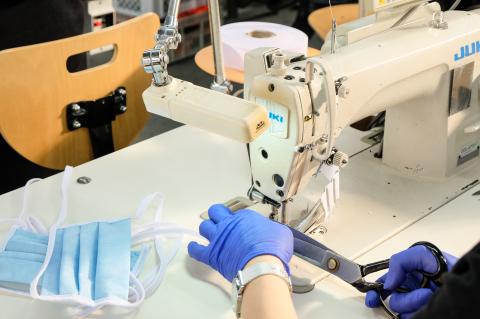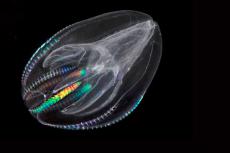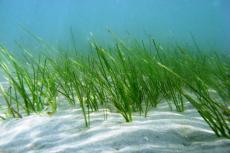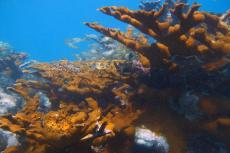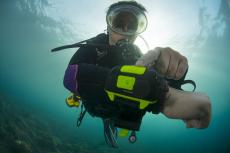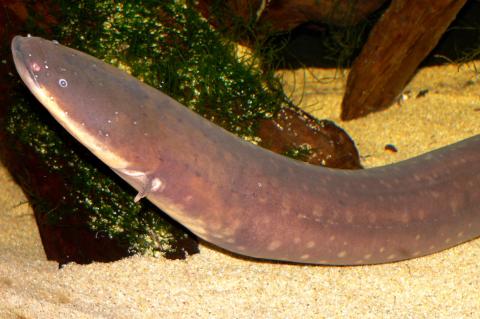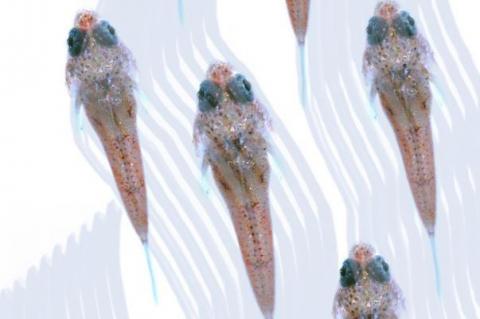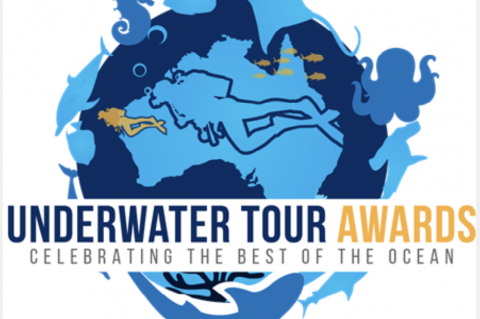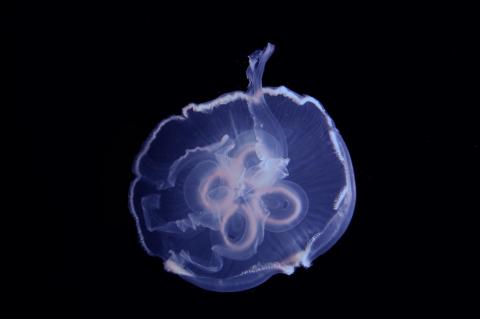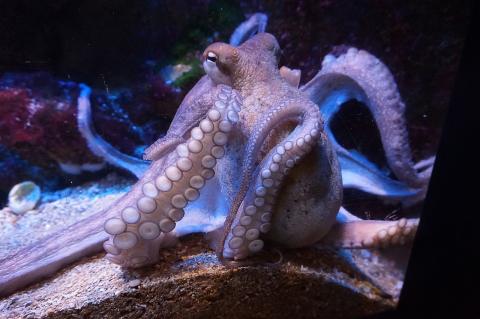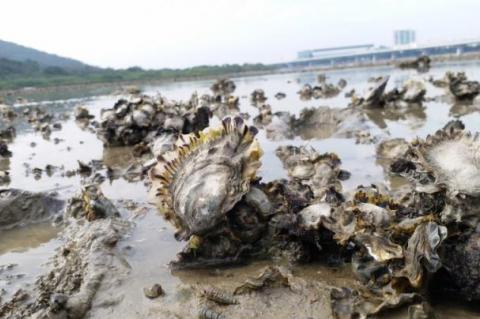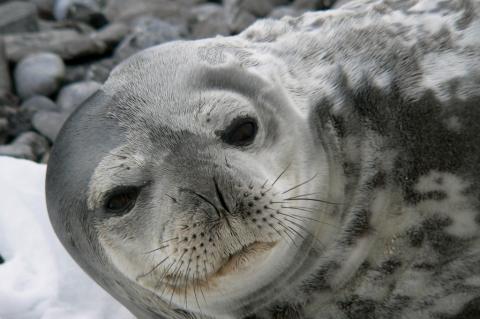Sharks at risk from quest to develop vaccine against coronavirus
Practice of using shark-derived squalene as a booster to stimulate a stronger immune response to a vaccine has Miami shark researchers concerned.
Development of a vaccine against Covid-19 could come at the expense of sharks, researchers warn. A key ingredient used in vaccines to enhance immune response and increase effectiveness, squalene — an oily substance found in plants and even human skin — is particularly concentrated in shark livers.
The compound has been shown to be safe and effective in millions of doses of other vaccines, according to Liza Merly, a shark immunologist at the University of Miami’s Rosenstiel School of Marine and Atmospheric Science. It is not exactly know what it is about this oil that allows that to work the way it does but it is used in a handful of COVID-19 vaccine candidates.
If one of the vaccine candidates using that component proves to be effective, it could create a global demand for squalene that might threaten wild shark populations, according to Shark Allies, a nonprofit dedicated to protecting wild sharks. The organisation estimated it would take about 500,000 sharks to produce squalene for the billions of vaccine doses needed.
Big Pharma
GlaxoSmithKline, the multinational pharmaceutical company, which manufactures a squalene-derived component for vaccines pushed back against international headlines and bad press that ensued, arguing that the estimate is far too high. The company has, however, declined to identify the source of its squalene, but stated it is harvested from sharks that were fished for other purposes.
In a statement to USA TODAY, the company said it’s committed to “exploring the potential for alternative sources of its raw materials when possible" and research into squalene alternatives, including non-animal-derived sources of squalene, is ongoing. But there won't be an option within the time frame of the pandemic.
Though squalene can be derived from many other sources, say, olive oil, sharks are a favoured target for industries because it doesn’t take much effort to purify the substance out of shark livers. In many shark species, 50% to 80% of the weight of their liver is squalene.
Under-regulated
With the shark-fishing industry, being as under-regulated as it is and lacking in transparency, a sudden spike in squalene demand would be a cause for significant concern. Some fisheries associated with squalene production are targeting deep sea sharks.
According to Catherine Macdonald, a marine conservation biologist and ecologist at UM’s Rosenstiel School, DNA from threatened shark species has been identified in cosmetic products using squalene, including products that claimed to be vegan.


